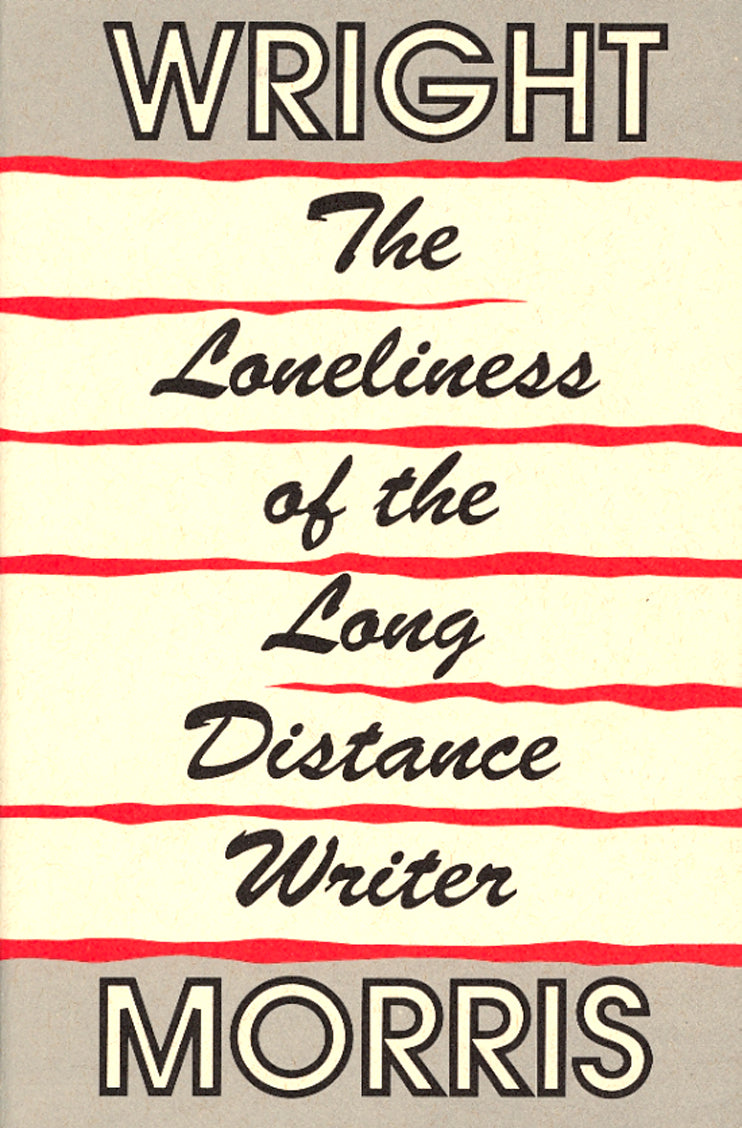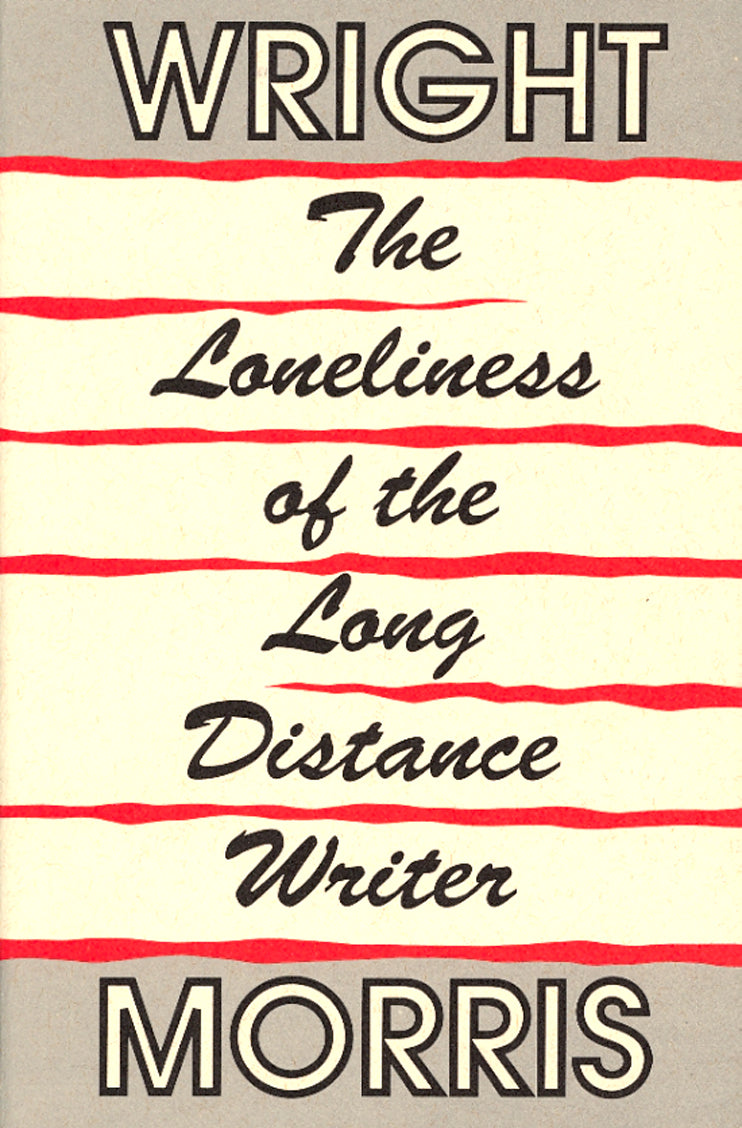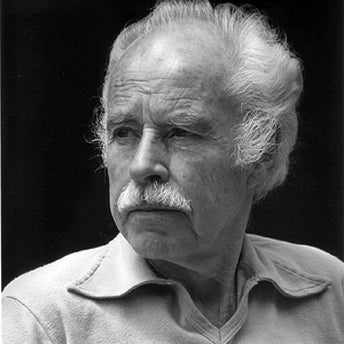
The Loneliness of the Long-Distance Writer brings together two of Wright Morris's best-known novels, The Works of Love (1951) and The Huge Season (1954).
The Works of Love tells the story of Will Brady, a kind-hearted man who builds a successful egg business, willfully loses it, then lives on the road as a migrant worker. Brady is self-destructively drawn to a series of hardened women, and his failed relationship with each progressively wears away his resiliency but not the core of his inexplicable hopefulness.
The Huge Season presents scenes from the life of Peter Foley, a middle-aged professor of classics. As one of his old friends testifies before McCarthy and the House Un-American Activities Committee, Foley recalls their shared college years and the political education they received from their charismatic, wealthy, and doomed classmate Charles Lawrence. Through its juxtaposition of the two unsettled periods in Foley's otherwise staid life, Morris explores themes of collective response and personal responsibility, of calculated deference to authority and unexpected, private epiphanies, of public misconstruction and personal regret.
He is a writer of truly astonishing beauty and power. Not to know Wright Morris is not to know the silent, often lovely, stretches of ourselves. In these trackless, silent landscapes of the mind, we could have no better guide than Wright Morris. He may be the only guide we have." —Susan Fromberg Schaeffer, Chicago Tribune Book World
The Huge Season . . . seems to me his best novel. [Its] remarkable quality is the way in which the feel of the Twenties is captured and the way in which it dominates the characters into the Fifties . . . one has the sense here not only of the rich young man as sacrificial hero but also of the enacting of a ritual of exorcism to which all associated with the hero must submit. —Walter Allen, The Modern Novel

